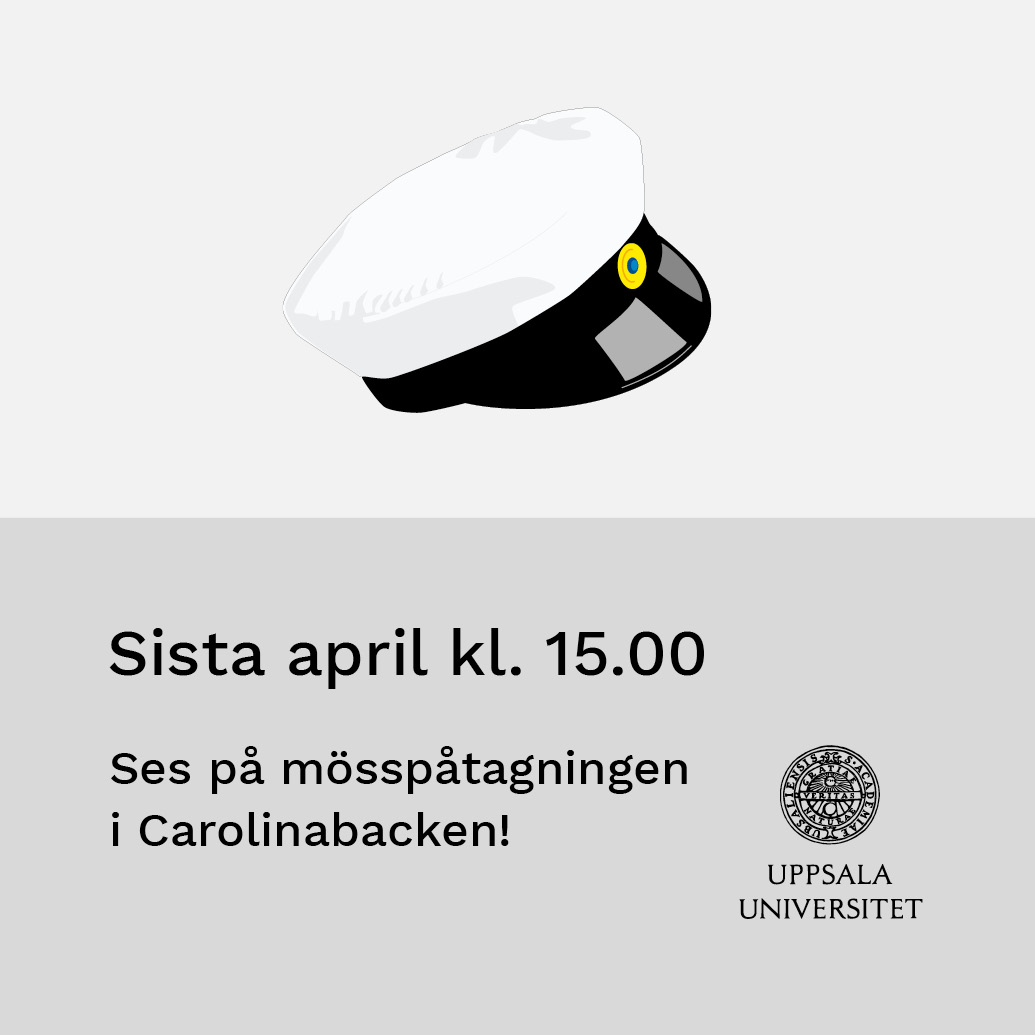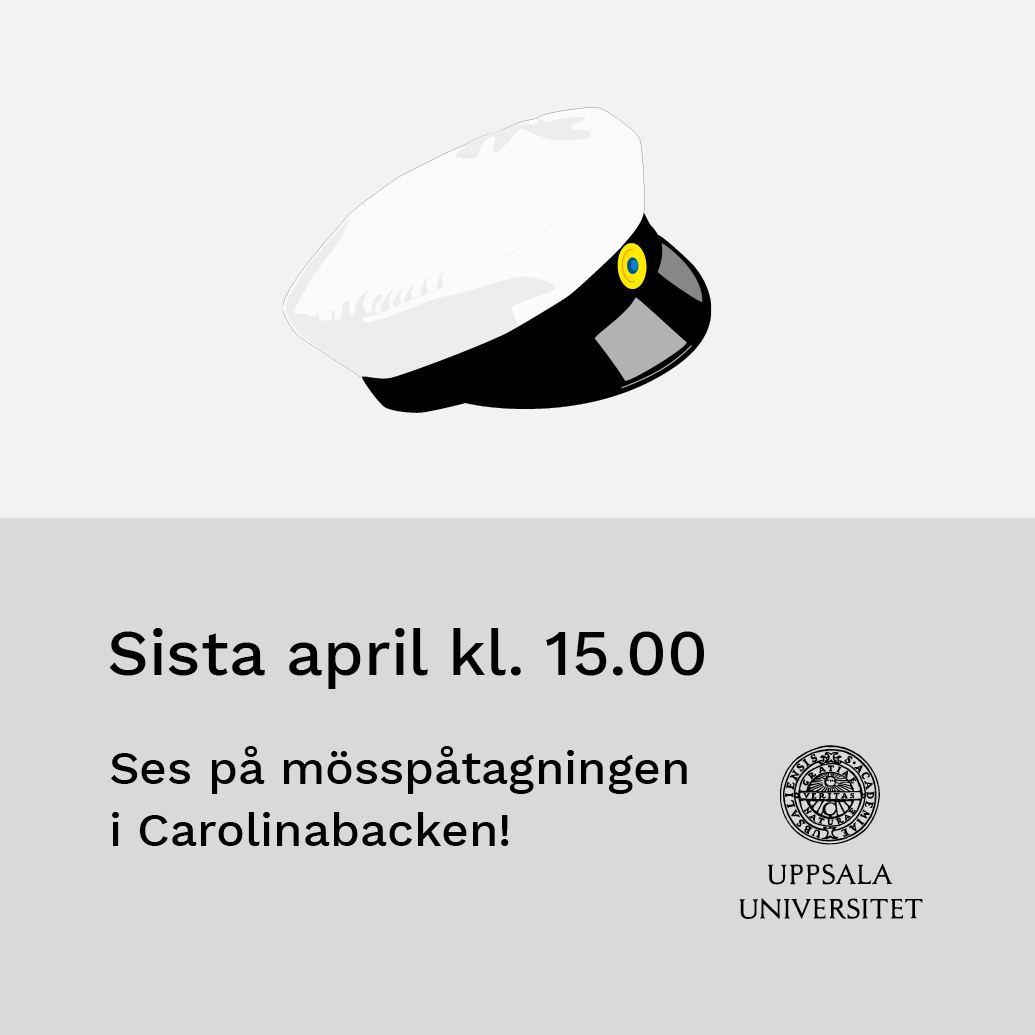The Sound of Silence
Ever seen a ‘how to’ book titled “Basic Knitting: The Hard Way” or “499 Booby-traps in Mexican Cuisine”? Me neither, and yet the language-learning series 1001 Pitfalls in... (given Language) appears to sell quite well. You’d think a title like this would put the prospective buyer off the whole idea of learning the skill (let alone buying the book). They must be aimed less at the tourist prepping for a week in Paris than the serious student of language. The student who doesn’t want their intelligence insulted: they’ve already figured out that languages are cunning by nature and that the road to fluency is more pot-hole than pavement for the first few months. They appreciate the hazards a book like this can signal along the way.
Personally, I think language learners should also wear warning signs—like the green “övningskörning” signs magnetically clinging to the bumpers of learner-driver’s cars—to keep native speakers vigilant for erratic speaking, and wrong turns. Especially when we learners get to the stage when we can put together a somewhat lucid sentence; because at this point we can make sense, but not always the sense we quite mean. And we still lack the proficiency to understand our mistakes.
My sign should probably have blinking lights on it. I’ve raised unnecessary concern from a grandmotherly Swiss woman while out on a solo Alpine ramble: “Ich bin ganz allein (I’m lonely),” I told her. Then—holding out my camera—asked if she could take my photo. She looked as though she would adopt me right off the mountain top (all I’d meant to say was that I was ‘on my own’.) Another time I repeatedly disappointed the owner of a Guest-house in Austria, who inquired kindly each morning if I’d ausgeschlafen—slept well—and was greeted with an evermore snippety “No, I did not.” Confused, he’d nod his head slowly; meanwhile, I thought I was being accused of lazily sleeping-in. Then there was the time I hollered, “Look at you You got fat ” at a Québécois friend after several months apart. I’d meant the opposite, of course, but didn’t understand my faux pas—or her startled expression—until months later.
I’m unaware of ever causing offence in Swedish, and I find this very worrisome. Worrisome, because I have no doubt that, over the years, I’ve let slip any number of odd, offensive, maybe even hurtful comments—and yet I’ve never been made aware of them. Unlike the surprised or confused reactions I’ve received from my blunders in other countries, here people seem to have an uncanny ability to remain expressionless, regardless of what confusion or upset may be churning inside them.
Either it’s these ‘silences’ of facial expression which cloak my mistakes, or it’s the real silences, which carry their own, sometimes contradictory, meanings in Swedish conversation. Silence 1 agrees with, or affirms what the speaker has said. Silence 2 means the listener probably understands, but doesn’t have an opinion about the matter at hand (but you can stop explaining). Then there’s Silence 3: diplomatic, total disagreement. This one sounded just like 1 for me until recently. Now, all silences sound like 3 and it’s made me rather paranoid.
I’m sure there are other, finer meanings of the silences, but I haven’t developed the ultrasonic bat-hearing necessary to decipher them yet. Who knew the most difficult ‘pitfall’ of learning Swedish wouldn’t involve language at all—but silence.















